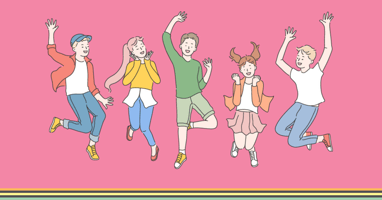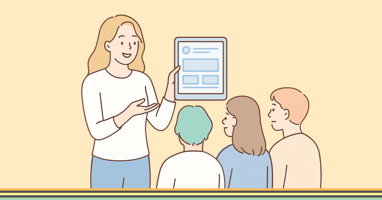Exploring how personalized education can support neurodiverse children, fostering growth and...
The Accessibility Tipping Point — Education’s 2025 Wake-Up Call

Imagine a classroom where every child feels seen, heard, and supported to learn in the way that suits them. Not just lip service. Not just the odd adjustment. A genuine system shift.
In 2025, it’s no longer a utopian ideal — it’s a growing movement.
Global Commitments, Local Change
At this year’s Global Disability Summit, a coalition including UNICEF, IDDC, and the International Disability Alliance laid it out plain: the current education system isn’t working for disabled children. Full stop. The call to action? Design learning environments that include every child from the start, not as an afterthought. This isn’t about sprinkling ramps over an old staircase. It’s about building a brand-new path.
Source: https://www.internationaldisabilityalliance.org/blog/global-coalition-launched-drive-disability-inclusive-education-gds-2025
Meanwhile, UNESCO’s Global Education Monitoring Report is raising the flag on leadership. If schools want to be truly inclusive, the people running them need to be ready, resourced, and radical in their thinking. Inclusion isn't just a ‘nice to have’ — it's the cornerstone of quality education for all.
Source: https://inclusion-international.org/news-item/inclusion-international-welcomes-unescos-new-global-education-monitoring-report-on-leadership-for-inclusion/
Australia Steps Up (Slowly)
Closer to home, Australia’s Disability Strategy 2021–2031 has had a refresh — and this time, it’s got teeth. New action plans target inclusive communities, safe environments, and shifting public attitudes. That said, meaningful change still relies on schools, teachers, and institutions stepping up to meet the moment.
Source: https://www.dss.gov.au/news/australias-disability-strategy-gets-update
South Australia’s Aboriginal Education Strategy is another bright spot. With preschool attendance for Aboriginal children up by 8%, it’s proof that when early learning is culturally relevant and locally led, it works.
Source: https://thesector.com.au/2025/07/01/aboriginal-education-strategy-drives-early-learning-and-school-success-in-south-australia/
Tech With a Conscience
Globally, AI is muscling into classrooms — but here’s the twist: some organisations are using it to amplify inclusion, not automate it.
Take Education Above All and their new AI tool Ferby, a chatbot helping millions of underserved kids in India access customised learning. Built with MIT, Harvard, and UNDP, it’s a strong signal that AI can be a bridge, not a barrier — if it’s built right.
Source: https://www.businessinsider.com/nonprofits-ai-tools-edtech-global-inequities-2025-7
What This Means for Meet Aandi
At Meet Aandi, we’ve always believed in teaching the child, not the curriculum. These global shifts affirm what parents and educators have told us for years — neurodiverse kids don’t need to be “fixed”. The system does.
That’s why we’re building tools that deliver lessons in the way your child learns best. AI-powered, human-hearted, and joyfully designed for the one-size-fits-none generation.
It’s time. Let’s stop asking kids to adapt to the system — and build one that adapts to them.




